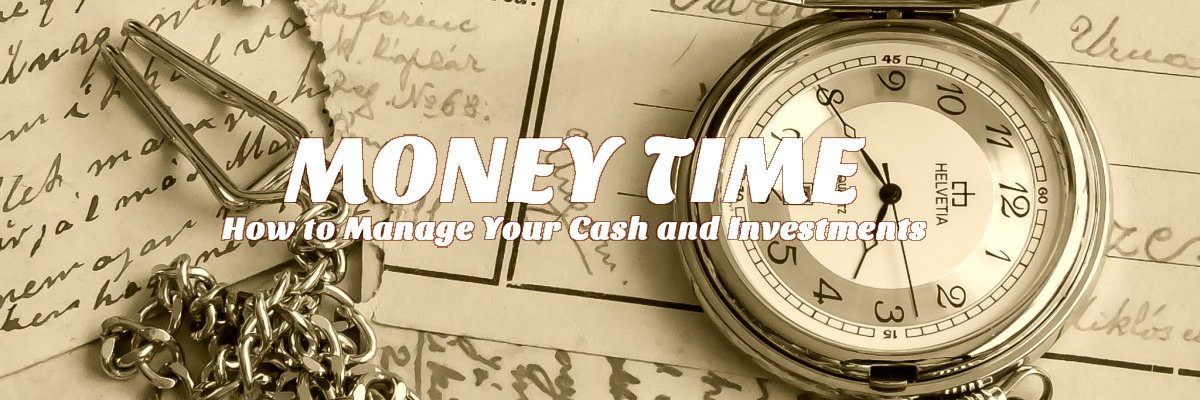 If you have a Universal or Whole Life insurance policy that maintains a cash balance you can save yourself a lot of money and even increase your savings by taking out a short-term loan to pay off a credit card balance.
If you have a Universal or Whole Life insurance policy that maintains a cash balance you can save yourself a lot of money and even increase your savings by taking out a short-term loan to pay off a credit card balance.
A typical credit card costs you between 10% and 24% in annual interest. If you have a balance of several thousand dollars that you’re struggling to pay off then you can turn to your insurance policy’s cash balance to pay down that credit card debt.
Once you have paid the credit card balance down you can start making payments on your insurance policy loan. The great thing about this strategy is that not only are you paying less in interest, all the interest you pay on the loan actually goes into your own accrual account. That’s right: you’re paying interest to yourself.
Investment specialists will tell you not to put money into insurance policies because they are poor investment tools; and while it’s true that insurance is not designed to grow wealth it is a far better tool for managing your monthly cash flow than a typical investment account.
Consider, for example, that many money market funds require that you maintain high balances in order to enjoy the interest payments they make to you. An insurance policy investment account has almost no minimum balance requirement as long as you make a sufficient payment each month to cover the cost of insurance and any other fees associated with the account.
Hence, if you only have a few thousand dollars set back you’ll save more money by borrowing against an insurance policy’s accrual account than by draining your money market fund.
Other investment accounts become even more expensive if you use them to pay down your bills. Regardless of whether you own stocks directly or invest through mutual funds, if you need to “borrow” against your investments to get your debt under control you may have to sell your shares at a loss. So you’re not really saving money if you lose money on your investments to pay down a credit card bill.
Insurance plans with investment accounts are great vehicles for creating financial buffers to help you get past temporary setbacks in your cash flow. The insurance companies structure these investments to pay as little to you as possible, so you’re definitely better off growing your wealth through other channels; but the very conservative nature of insurance investment accounts means that you won’t take the huge financial hit that drawing down money market and stock accounts suffers when you need a quick infusion of cash.
So the next time someone tries to talk you out of buying a Universal or Whole Life policy because “it’s a bad investment option”, remind yourself that long-term wealth creation plans are terrible short-term money management tools; worse, the cost of buying that insurance goes up every year that you get older. The sooner you lock in your Whole or Universal Life premium rates for life the more money you will save. Waiting until you are in your 30s to start buying Term Life insurance is a terrible waste of money.
